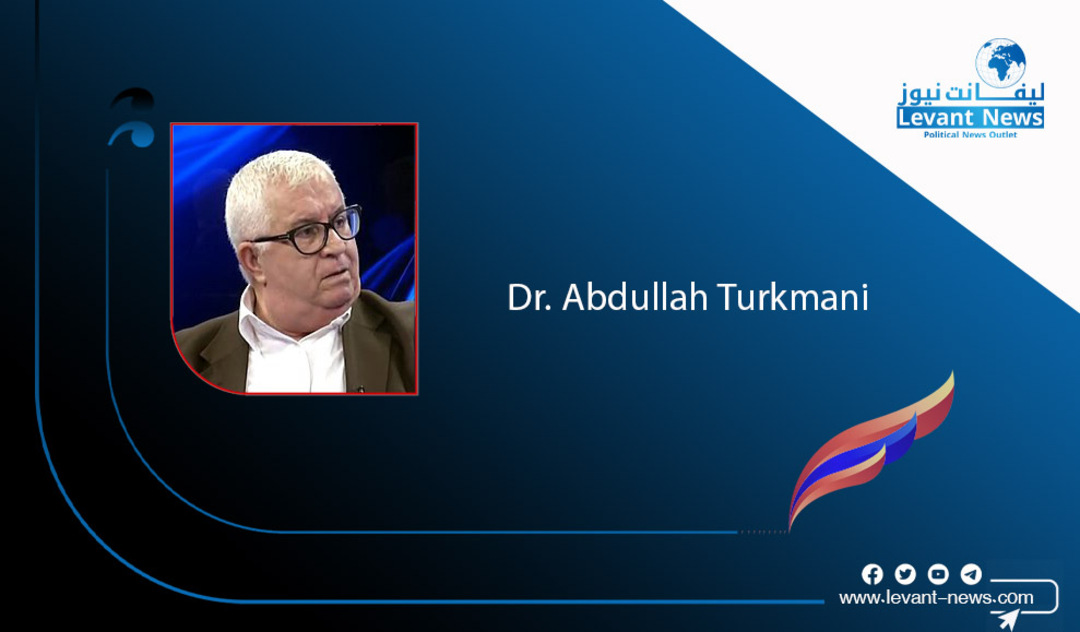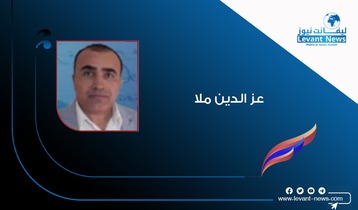-
The Debate on Islam and Modernity in the Turkish Experience (3 - 3)

Here is the translation of the provided text into English:
****
**Regional Implications**
It is clear that the political Islam movement, at the regional level, wields significant political weight compared to other political forces in the countries of the region, regardless of the varying degrees of tolerance and restrictions imposed on it. This phenomenon deserves contemplation and study, especially as it expresses the aspirations of broad sectors of the populations in this part of the world.
Moreover, it imposes numerous obligations on the Islamic movement, particularly in developing its propositions and methods in political action. The moderate Turkish model represented by the Justice and Development Party (AKP) is an important example in this regard, especially as it has gained practical experience in the realm of political work and has benefited from other Islamic experiences.
Several hypotheses can explain the increasing appeal of Islamic parties in the Arab and Islamic worlds in recent years, which is characterized by a severe social, political, and economic crisis that has afflicted this region stretching from Rabat to Kabul. These hypotheses attempt a social-political interpretation of the aspirations of broad segments of Arab and Islamic public opinion: it has become evident that a "phobia" of identity exists, a major and even pathological fear of identity and belonging. Part of this fear is understandable given the global transformations brought about by the wave of globalization, enhanced by the tremendous development in media and communication technology, which promotes an almost singular pattern in culture, values, styles of living, and behavior.
The second truth regarding the fear of identity stems from the political and party exploitation of the crisis reality by Islamic movements and currents which suffer from a severe lack of alternative social, economic, political, and cultural visions. In addition, these movements lack a realistic and rational understanding of existing problems, leading them to rely on foundational sources of belonging, primarily religion. Indeed, this exploitation, in an atmosphere of fear over identity, has yielded widespread support among public opinion for religious movements, even if not sharing every detail of their programs and visions for society and the world.
From here, the experience of the Islamists reaching power in Turkey should serve as a useful and fruitful example for some Arab countries. Islamic leaders, as well as leaders of nationalist, leftist, and liberal currents, should follow the Turkish experience that occurred in a secular country, as it can provide them with lessons and insights to aid their future political endeavors. This experience highlights the importance of proposing realistic and practical suggestions that correspond to the era we live in and its terms, avoiding jumping over reality, and not hiding behind grandiose and superficial slogans, such as Islamizing society or proposing an Islamic state, enforcing hijab on women, and calling for a return to a caliphate.
It remains to draw some lessons from this Turkish experience which directly stirs the debate of Islam and democracy, indeed the debate of Islam and all components of modernity:
(1) The peaceful democratic system is the only means capable of effecting change, and its success in Turkey refutes and discredits the trend that relies on violence, terrorism, and conspiracies to prepare coups as means of change.
(2) Islamic movements that believe in political Islam and resort to non-democratic methods lose their way. They must review their perceptions, concepts, and working methods, adapting them to modernity's requirements, integrating into the political reality, and accepting collaboration with its institutions. They should also distance themselves from the belief that they alone possess the truth, which leads them to declare exclusion and condemnation against others and, at times, to issue takfiri judgments against societies.
The best example has come from the Turkish Justice and Development Party announcing its acceptance of secularism that does not oppose religion, deeply engaging with Turkish society and collaborating with constitutional institutions.
The question remains: how many cultural and social transformations and political earthquakes does Syrian political Islam need to understand that it must turn away from its antiquated ideas, perceptions, and concepts regarding the past, present, and future, about the state, society, and the individual, about women, children, personal freedoms, philosophy, thought, art and literature, and public freedoms?
Isn't the Syrian society in urgent need of a state based on rights and law, where the society can gain strength and resilience and recover its Islamic culture that renews itself? Perhaps what we witness of secular-democratic Islam in Turkey is the necessary first step towards the emergence of this kind of political Islam in Syria.
Thus, Turkish Islamists send a profound message to all political Islamic movements, conveying that Islam can be presented in a different manner than that offered by hardline fundamentalists who portray Islam in a backward and terrifying manner to the world. They speak in a modern, understandable language and express civilized ideas: the separation of religion and state, democracy, and the political freedom of all, the guarantee of human rights, and the equality of women and men.
Dr. Abdullah Turkmani
You May Also Like
Popular Posts
Caricature
BENEFIT Sponsors BuildHer...
- April 23, 2025
BENEFIT, the Kingdom’s innovator and leading company in Fintech and electronic financial transactions service, has sponsored the BuildHer CityHack 2025 Hackathon, a two-day event spearheaded by the College of Engineering and Technology at the Royal University for Women (RUW).
Aimed at secondary school students, the event brought together a distinguished group of academic professionals and technology experts to mentor and inspire young participants.
More than 100 high school students from across the Kingdom of Bahrain took part in the hackathon, which featured an intensive programme of training workshops and hands-on sessions. These activities were tailored to enhance participants’ critical thinking, collaborative problem-solving, and team-building capabilities, while also encouraging the development of practical and sustainable solutions to contemporary challenges using modern technological tools.
BENEFIT’s Chief Executive Mr. Abdulwahed AlJanahi, commented: “Our support for this educational hackathon reflects our long-term strategic vision to nurture the talents of emerging national youth and empower the next generation of accomplished female leaders in technology. By fostering creativity and innovation, we aim to contribute meaningfully to Bahrain’s comprehensive development goals and align with the aspirations outlined in the Kingdom’s Vision 2030—an ambition in which BENEFIT plays a central role.”
Professor Riyadh Yousif Hamzah, President of the Royal University for Women, commented: “This initiative reflects our commitment to advancing women in STEM fields. We're cultivating a generation of creative, solution-driven female leaders who will drive national development. Our partnership with BENEFIT exemplifies the powerful synergy between academia and private sector in supporting educational innovation.”
Hanan Abdulla Hasan, Senior Manager, PR & Communication at BENEFIT, said: “We are honoured to collaborate with RUW in supporting this remarkable technology-focused event. It highlights our commitment to social responsibility, and our ongoing efforts to enhance the digital and innovation capabilities of young Bahraini women and foster their ability to harness technological tools in the service of a smarter, more sustainable future.”
For his part, Dr. Humam ElAgha, Acting Dean of the College of Engineering and Technology at the University, said: “BuildHer CityHack 2025 embodies our hands-on approach to education. By tackling real-world problems through creative thinking and sustainable solutions, we're preparing women to thrive in the knowledge economy – a cornerstone of the University's vision.”
opinion
Report
ads
Newsletter
Subscribe to our mailing list to get the new updates!






















